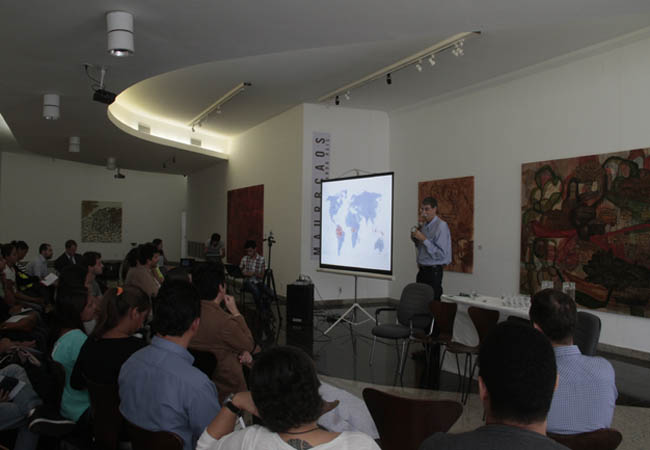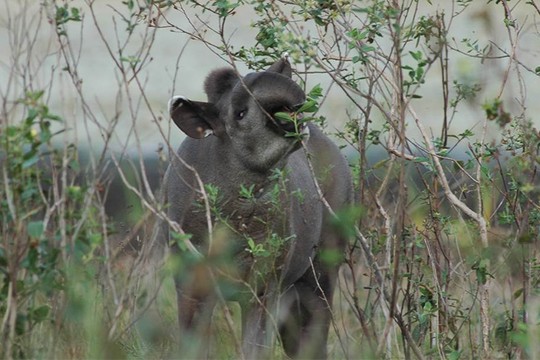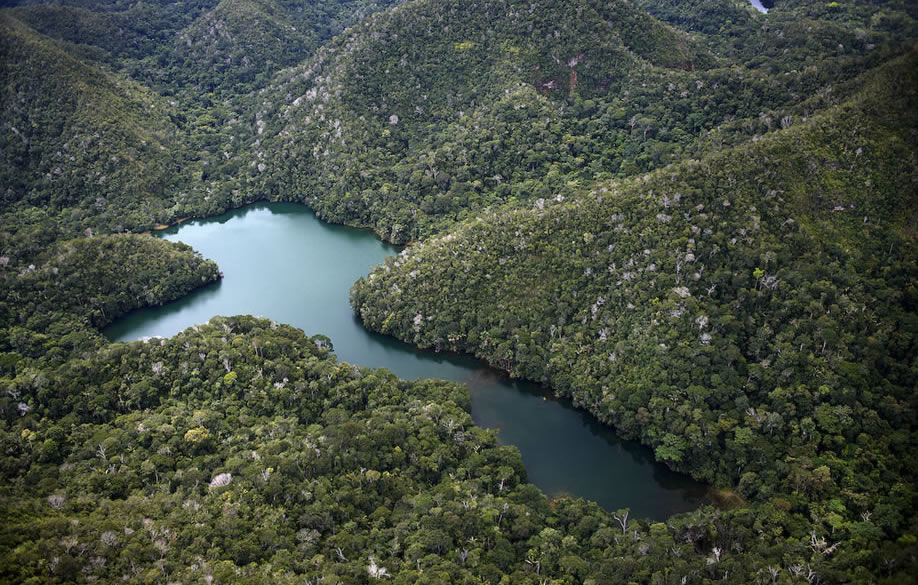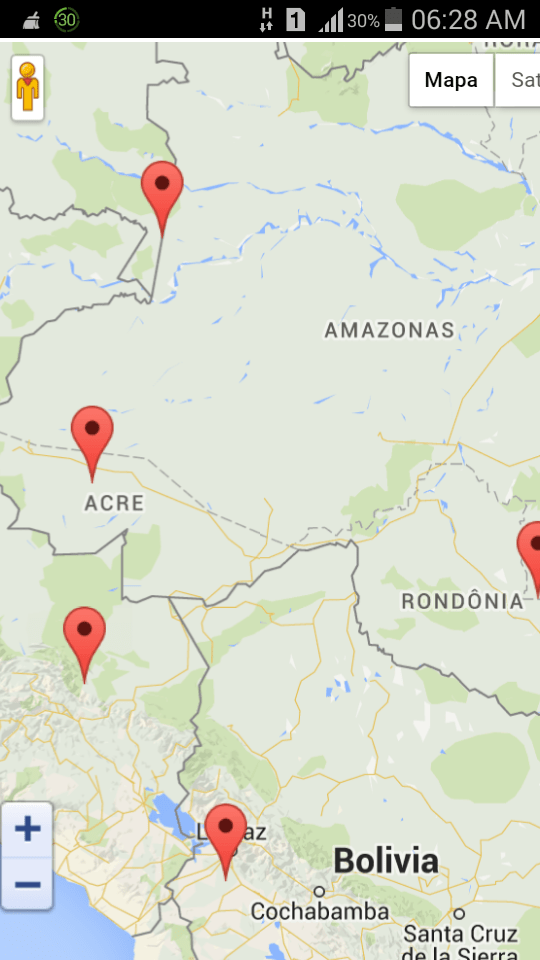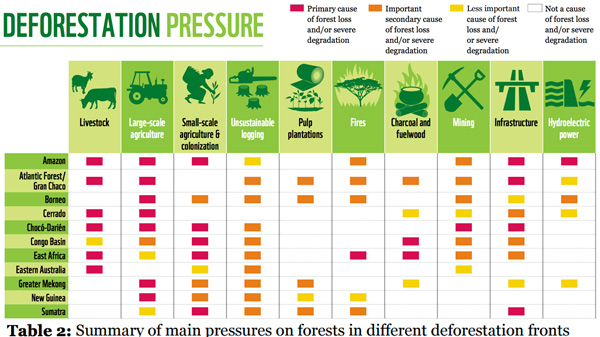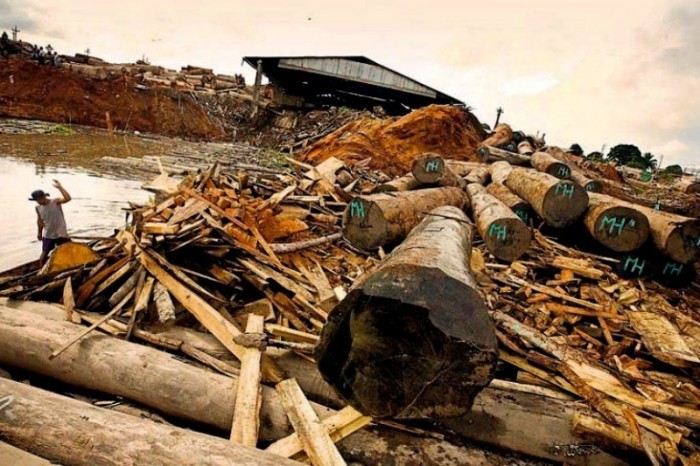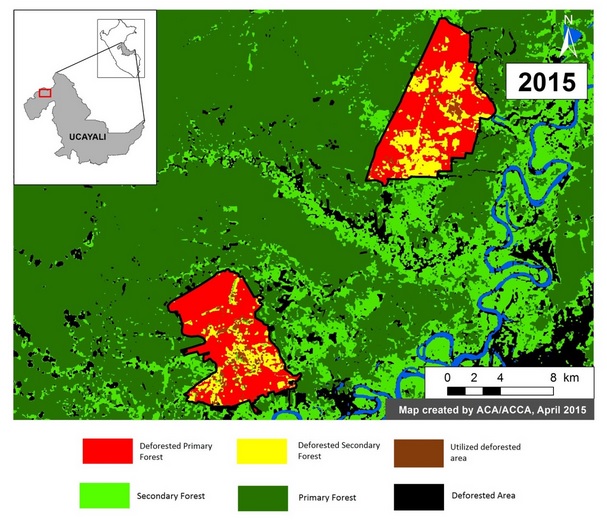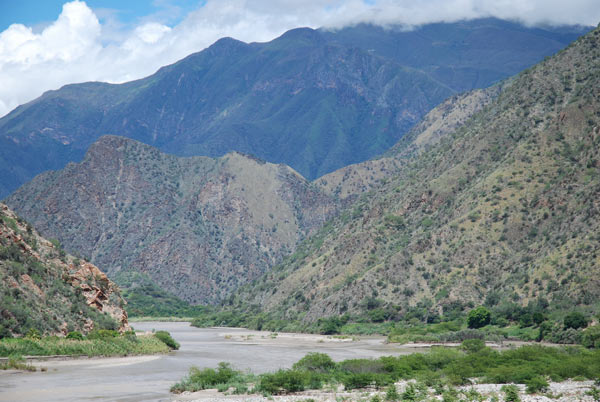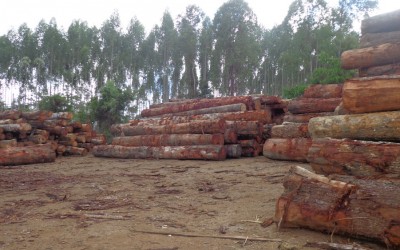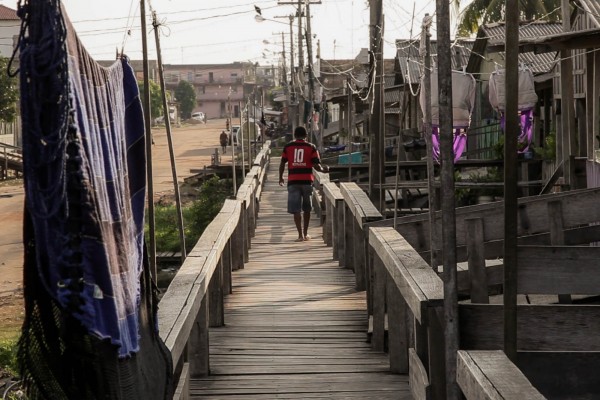Debate in Manaus ended with a consensus: Amazon deforestation influences the amount of rain in other regions of Brazil.
Monthly Archives: May 2015
The Amazon rainforest is the last hope to save tapirs
Many species of large herbivores may become extinct. The Amazon has ideal conditions to preserve one.
Five reasons to create the Sierra del Divisor National Park
The categorization presents Peru as a country that respects its international commitments, not only to conserve biodiversity, but also to combat illegal activities such as drug trafficking and illegal logging.
Organizations create map of Amazonian indigenous producers
Free access database provides a better connection between indigenous producers in South America and the world market.
Deforestation fronts in the world were revealed by organization
Environmental group WWF has released a new report projecting where the organization believes the bulk of global deforestation is likely to occur over the next 15 years.
Ucayali opens monitoring unit against deforestation and illegal logging
Ucayali, in Peru, is the second region of the country with the highest rate of deforestation accumulated, reaching almost 700 000 hectares.
Oil palm company deforested 12000 hectares between 2010 and 2015 in Peru
In 2013, a report of the Peruvian Society for Ecological Development warned that the company Plantations Ucayali SAC there was deforested thousands of hectares of forest illegally in the Peruvian Amazon.
Peru’s mega-dam projects threaten Amazon River source and ecosystem collapse
Peru is planning a series of huge hydroelectric dams on the 1,700-kilometer (1,056-mile) Marañón River, which begins in the Peruvian Andes and is the main source of the Amazon River.
Land grabbing and deforestation tell the story of the Jari region
The advancement of individuals on public land in the Amazon threatens the territories of traditional communities for over a century, under the complicit eyes of the Brazilian State
Impact studies of hydroelectric São Luiz do Tapajós are insufficient
The Brazilian environmental licensing agency, IBAMA, asks the reformulation of the impact study in more than 180 points that need to be deepened.


